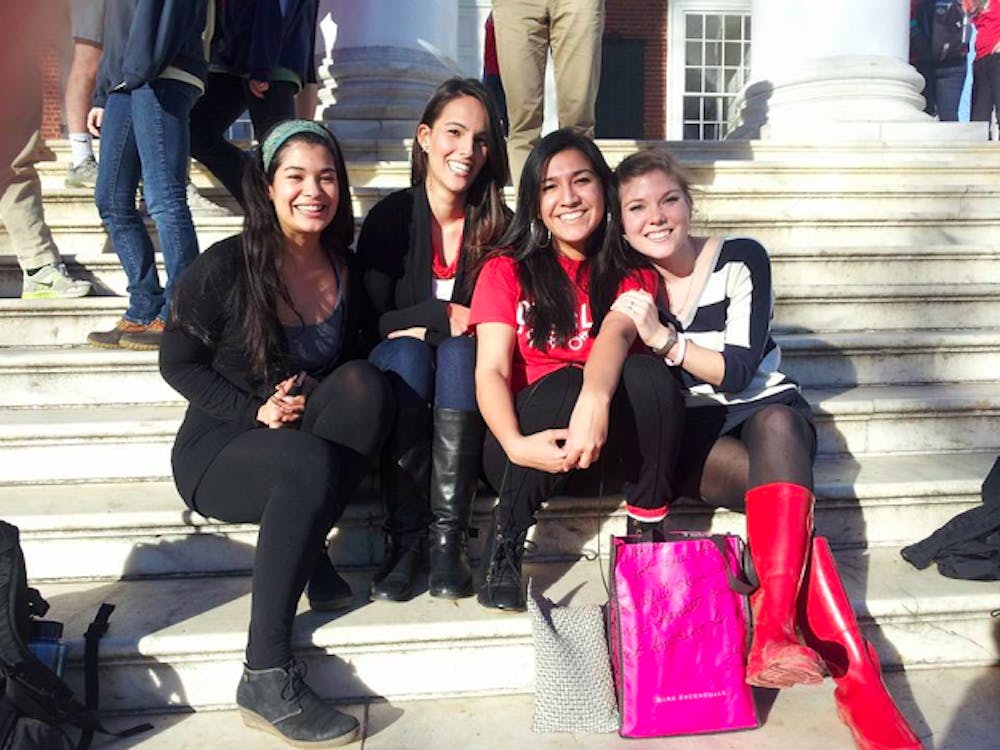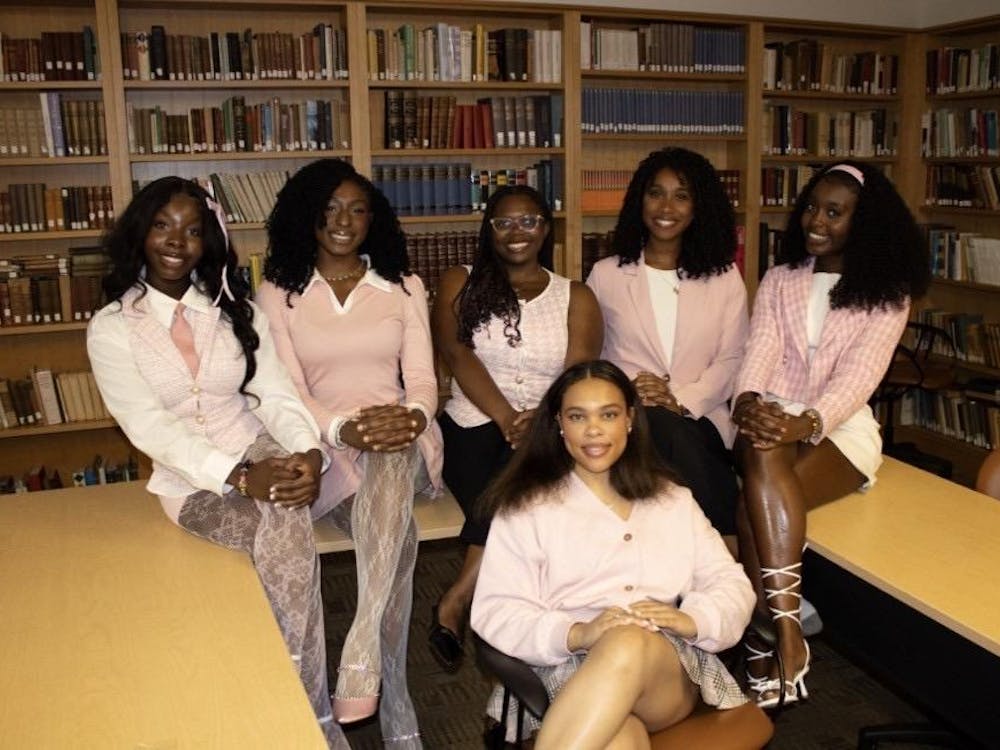The Latino Student Alliance welcomes all students to celebrate Latino culture — including those who do not identify with the group. The LSA hopes by making clear there are no barriers to involvement, they can break down the perception that racial, ethnic and cultural groups divide the student body.
“There are [many] misconceptions about what the Latino Student Alliance is and what the people that make up the Latino Student Alliance [are like],” said fourth-year College student Karla Castro, the LSA president. “A lot of people ask us, ‘Are your meetings held in Spanish? Do you have to be Latino to join?’”
Fourth-year College student Elizabeth Bickley, who does not identify as Latino but is LSA’s chair of community outreach, discovered her interest in the community and culture while tutoring a Latina elementary school student during her first year.
“I was assigned to tutor a girl named Selena, the daughter of a Mexican migrant worker,” Bickley said. “That unexpected friendship exposed to me to the whole reality of the U.S. Latino experience.”
After attending LSA general body meetings with a friend, Bickley joined herself. Now on the executive board, Bickley is a prominent member in the group.
“For me, specifically, being a minority in that community has helped me grow in ways that I think every human being should, because it helps you get away from the familiar and the status quo,” Bickley said. “The more and more you become accustomed to being in a minority position, [the more] you’re able to really understand the differences and create partnerships, as well as not allow the sense of ‘I’m different’ to paralyze you.”
Though it is not uncommon for students to attribute self-separation to minority groups on Grounds — and view the existence of groups like LSA as exacerbating the issue — Castro said the problem is not an internal one, but rather a product of notions held by others.
“Each [minority alliance] community is very diverse within itself,” Castro said. “I don’t think it’s any different than joining a sorority or a fraternity or being really involved with Student Council. It’s just finding something that you like and doing it.”
Approaching the organization as an “outsider,” Bickley emphasized the importance of listening, respecting differences in culture and accepting the inability to completely understand the life of a Latino student.
“The more you listen, the more you realize you thought you were an expert, but you weren’t,” Bickley said. “You have to respect that distance that is always going to be there. I’m never going to be Latina. I do know a lot, but I’m never going to be that.”
To drive this point home, Bickley will give a talk, titled “Confessions of a Fangirl,” during LSA’s general body meeting March 19. The event — open to the general public — is intended to reveal the openness and welcoming nature of the Latino community.
“It takes two,” Bickley said. “It takes not only my pursuit and interest and curiosity in coming to a place humbly saying, ‘I want to learn.’ It takes even more from the group inviting me in, which is something I’ve been completely floored by.”
Ultimately, Bickley hopes the event will encourage interested peers to attend general body meetings as she did, held the first Monday of every month.
“A word that has become important in guiding me is ‘intercultural’ [rather] than ‘multicultural,’ because ‘intercultural’ has this strong significance of collaboration,” Bickley said. “Having that vision has been something I try to practice.”







